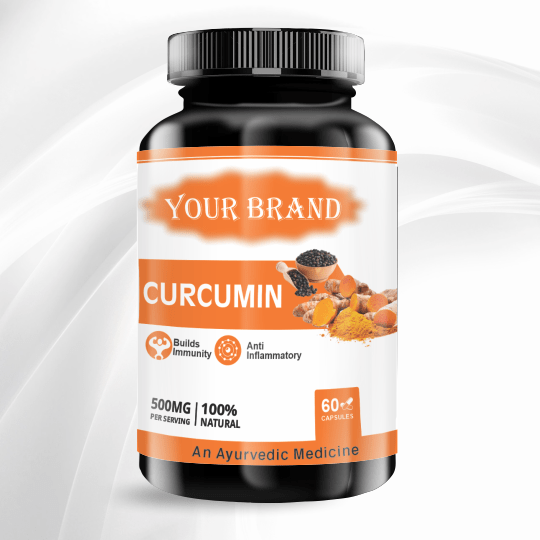How effective is curcumin?
Osteoarthritis is a degenerative joint sickness that is the most widely recognized sort of joint pain. Typically, it happens among individuals of old age. Be that as it may, it can start in middle age or even sooner, particularly in the event that there's been a physical issue to the joint.
While there are medicines accessible — exercise, supports or sticks, loss of abundance weight, different pain killers and mitigating medications — these are no fixes, and the medicines are not really typically successful. As a matter of fact, frequently they don't work by any means, or help just a bit. Infused steroids or manufactured greases can be attempted also. At the point when all else comes up short, joint substitution medical procedure can be exceptionally successful. As a matter of fact, around 1,000,000 joint substitutions (for the most part knees and hips) are played out every year in the US.

Along these lines, nothing unexpected individuals with osteoarthritis will attempt pretty much whatever appears to be sensibly protected on the off chance that it could give alleviation. My patients frequently get some information about diet, including mitigating food sources, cell reinforcements, low-gluten consumes less calories, and numerous others. There's little proof that the greater part of these dietary methodologies work. At the point when there is proof, it generally exhibits no steady or clear advantage.
Curcumin for osteoarthritis of the knee
A review distributed in BMC proposes that Curcumin Capsule, a normally happening substance tracked down in a typical zest, could assist with facilitating osteoarthritis torment. In the review, scientists enlisted 139 individuals with side effects of knee osteoarthritis. Their side effects were modestly extreme and required treatment with a nonsteroidal calming drug (NSAID). For one month, they were given the NSAID diclofenac (50 mg, two times day to day) or curcumin (500 mg, multiple times day to day).
Why curcumin? It's a characteristic substance, found in the zest turmeric, that makes mitigating impacts. Its utilization has been pushed for cardiovascular wellbeing, joint inflammation, and a large group of different circumstances. In any case, very much planned investigations of its medical advantages are restricted.
This study viewed this as:
The two medicines eased joint inflammation side effects and served to a comparative degree: 94% of those taking curcumin and 97% of those taking diclofenac detailed something like half improvement.
Individuals announced less aftereffects with curcumin capsule. For instance, none of the review subjects taking curcumin required treatment for stomach inconvenience, however 28% of those taking diclofenac required treatment.
By and large, almost 2% of their body weight in only a month — that is 3.5 pounds for a 175-pound individual.
Prepared to begin taking curcumin?
Comments
Post a Comment